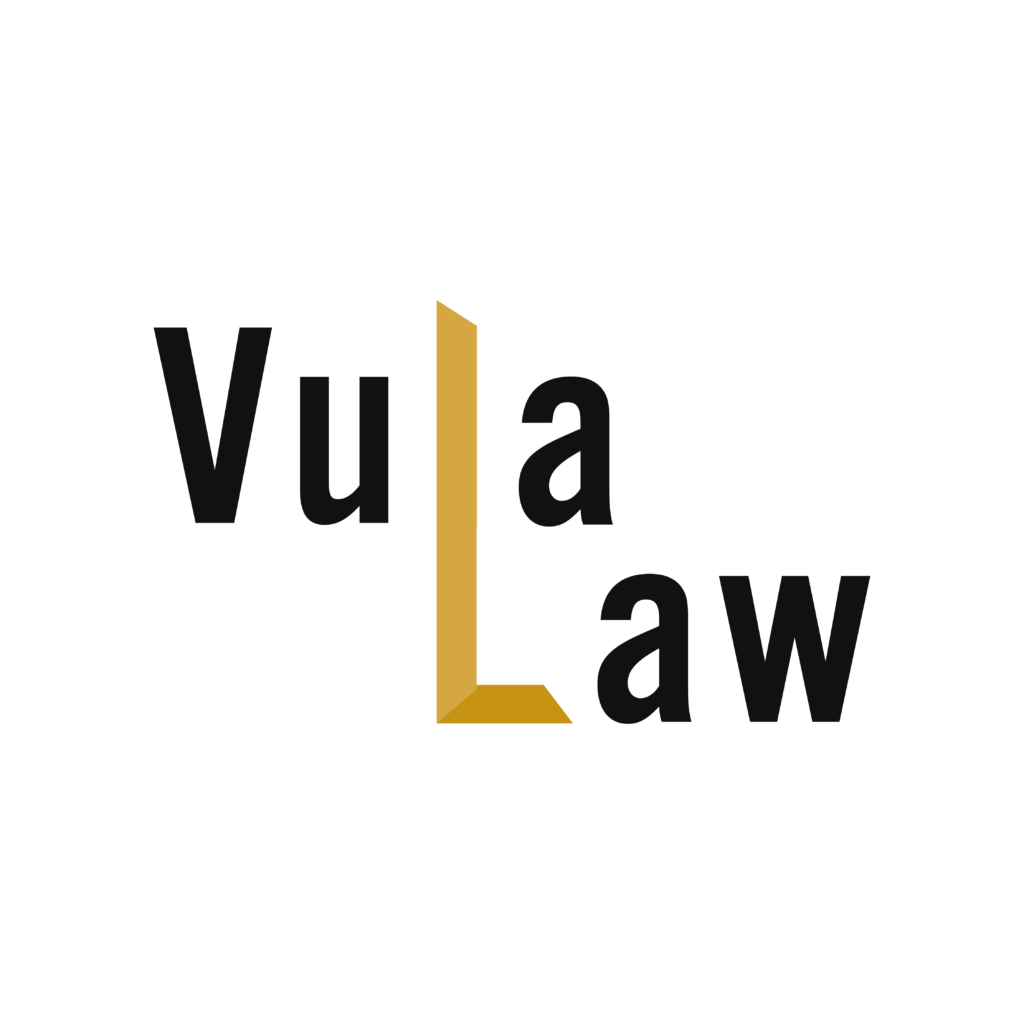This was after the Department announced, on 10 January 2022, that it would no longer permit matric results to be published on public media platforms.
The Department’s failure to oppose the interdict is a travesty. It was duty bound to protect learners’ privacy, but failed. If you search Google using the key words “matric results anxiety”, you get about 416,000 results. The key words “matric results suicide”((Google matric results keyword search.)), give 2,680,000 results. Headlines such as “Two allegedly commit suicide over matric results” make difficult reading.
Past pre-democracy practices of state institutions resulted in abhorrent infringements of individuals’ privacy rights. Communications were intercepted and couples’ intimate and private moments in their homes were unlawfully photographed. It is for reasons like this, amongst others, that the Protection of Personal Information Act, 2013 was passed into law. Our courts have consistently asserted the right to privacy, as recently as last week, saying in the case of Bool Smuts and Another v Herman Botha(((2832/2019) [2020] ZAECPEHC 19 (4 June 2020)))that:
The right to privacy is a fundamental right that is protected under the Constitution. It is a right of a person to be free from intrusion or publicity of information or matters of a personal nature. It is central to the protection of human dignity, and forms the cornerstone of any democratic society. It supports and buttresses other rights such as freedom of expression, information and association. It is also about respect; every individual has a desire to keep at least some of his/her information private and away from prying eyes. Another individual or group does not have the right to ignore his wishes or to be disrespectful of his desire for privacy without a solid and reasoned basis.
Given our courts’ unwavering approach to protecting and keeping “at least some of [a person’s] information private and away from prying eyes”, here is why the Department’s failure to oppose today’s court application was an abdication of its responsibility to uphold learners’ rights to privacy.
The applicants in the court application raised five main arguments. Here is why they are incorrect:
The first argument is that POPIA protects the personal information of an “identifiable living natural person…”. It is argued that an exam number which only the learner, their school and the Department has access to, is not personal information, because third parties cannot identify the learner from that exam number. This argument cannot be accepted, because the term “identifiable” must be interpreted to mean that if, in any way, a learner can be identified through that exam number, then that number is personal information and protected by POPIA. This means that even if only the learner’s school and the Department have a spreadsheet where the learner’s exam number is recorded next their names, then that examination number is personal information. “Identifiable” does not only mean identifiable in public e.g., in newspapers, it means identifiable wherever it may be kept, for example on a server or in a safe under lock and key. This is because, if the school’s or the Department’s servers are hacked, or if the safe accessed, those learners will be identified. Schools and government departments are regularly hacked, so there are very real chances that learners’ exam numbers, names and results could end up in the public domain.
The second argument is that by revoking the publishing of matric results, the Department has failed to balance the protection of personal information against the free flow of information, such as the right to information held by the state and the right to freedom of expression, including the right to a free press. This argument cannot be accepted. How does it benefit the public, through the media, to know what an individual learner’s matric results are? It may be important to know how many males and females passed or how schools in rural areas fared against those in urban areas, so government can be held to account. But, publishing individual personal information may cause more harm to the learner compared to the public interest. A learner’s rights, in this instance, far outweigh the public interest.
The third argument is that the applicants have a legitimate expectation that, because results were published in the past, they would be published this year too. They argue that, because neither learners nor media houses were consulted on the changes to how matric results would be released, the process, and ultimately the decision, was unfair. The fact that publishing personal information was done in the past, cannot be used to argue that a fully effective law – POPIA – must simply be ignored. It went through a drafting process of almost 10 years, was subject to lengthy input and consultation and stipulates that, as far as privacy is concerned, it trumps all other laws that have weaker privacy provisions. Because of this, the Department was obliged to comply with POPIA and not publish matric results in their current format. South Africa’s Information Regulator suggested, in its statement of 12 January, how this should be done.
The fourth argument is that the prohibition on publishing exam results will deprive media institutions “of the opportunity to earn income” from advertising campaigns. Simply put, the commercial interests of media houses can never, in these circumstances, be more important than learners’ rights to privacy. That argument cannot be accepted.
The last main argument was that it would be inconvenient for learners to go to their schools to get their results. This argument holds no water. The Department has, for a few years, made results available on its website. Further, internet access to the website is free, meaning learners can easily obtain their results online. Distance is no longer a factor and cannot be sustained as a valid argument.
Finding out matric results can be a happy and exciting time for learners. It can also be, as many of the news articles mentioned above record, a traumatic time where learners are faced with the stigma and shame that may come with failing matric. If keeping “at least some of [their] information private and away from prying eyes” will save them from mental and physical harm, then learners’ right to privacy far outweighs any argument that publishing matric results is in the public interest. The Department of Basic education failed learners on this occasion.


